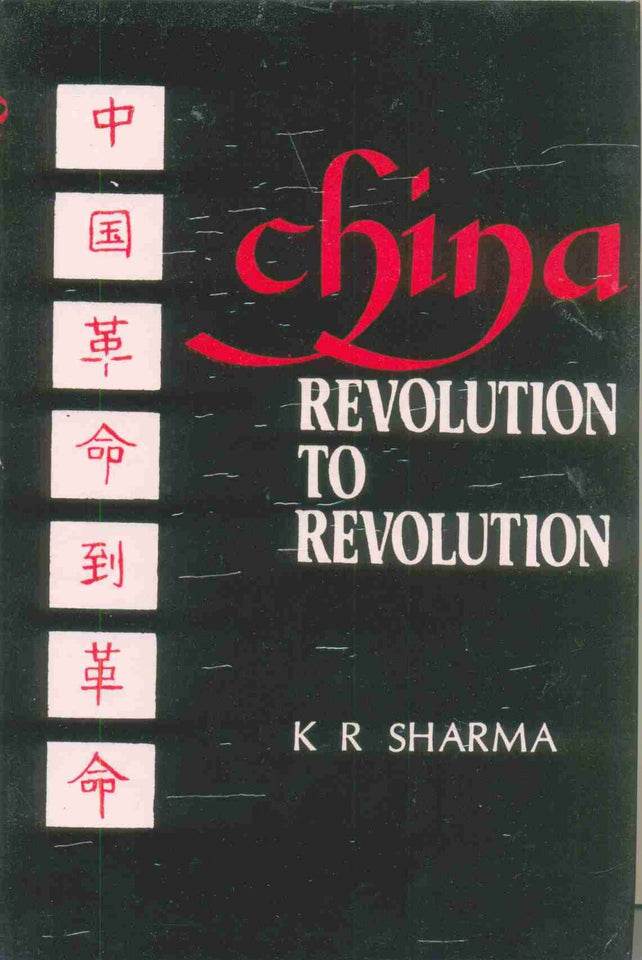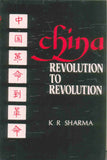China: Revolution To Revolution
Regular price
Rs. 200.00
The Period from 1957 to 1969 was the most turbulent decade for Mao as well as for China. For Mao, it was a leap from a pragmatic and non-bookish Marxist position to that of a radical impetuosity and dogmatism. The epoch of consensus based polity of New Democracy was over. It was replaced by his Permanent Revolution syndrome. The ghost of revisionism started haunting Mao and prompted him to lay exclusive emphasis on the rubric of class struggle. A hitherto flexible, creative and earthy Mao was constrained to be chained and in fact imprisoned by scriptures, subjectivism and populism. Mao’s ‘quest for immortality’ pushed him, most of the time wittingly and at times unwittingly, to the extreme position of Balnquism. For China, it was a leap from a moderate and cautious strategy of development to ‘war communism’. In contravention of the laws of socialist development, China attempted to ‘skip over’, not one but several historical stages. This ‘Yanan Style Strategy’ of economic development and nation-building inflicted disastrous blows on China’s economy and society. The three ‘difficult’ years of 1958 to 1960 left nearly fifteen million peasants starved and dead on account of famine. His Cultural Revolution, which degenerated into eating its own children’, maimed and killed nearly thirty million Chinese. Recalling this turbulent decade, China’s present leaders have characterized it as ‘the darkest period’ of China when the ‘left’ practised the ‘feudal fascist dictatorship’ During this turbulent decade, at least on two occasions-for the first time in 1958-59-60 and for the second time in 1966-67-68- China was down and out. Had it been a democratic society, its ruling elites would have been thrown out of power. The origins and the middle plateau of this turbulent decade (the Socialist Education Movement of 1962-66) constitute the subject matter of the book. Thus, it is a treatise of Mao, his variety of Marxism and the China of his time. In a word, it is an attempt to dig deeper into the origins of Mao’s radical impetuosity. The book is based on primary source material which the author collected during the course of his research in India, Hongkong and China.
Dr. K.R. Sharma (b. 1937) is Reader in Chinese Politics in the Department of Chinese and Japanese Studies, University of Delhi. After obtaining his B.A. (Hons.) and M.A. in Political Science from the University of Delhi he was initiated into Chinese Studies at the Austrialian National University, Canberra as a Colombo Plan scholar. In 1980 he obtained his Ph.D. from the University of Delhi for his thesis on China’s Socialist Education Movement’.
Guaranteed Safe Checkout





